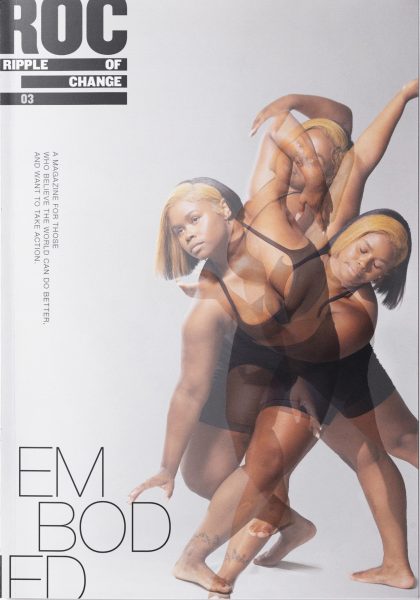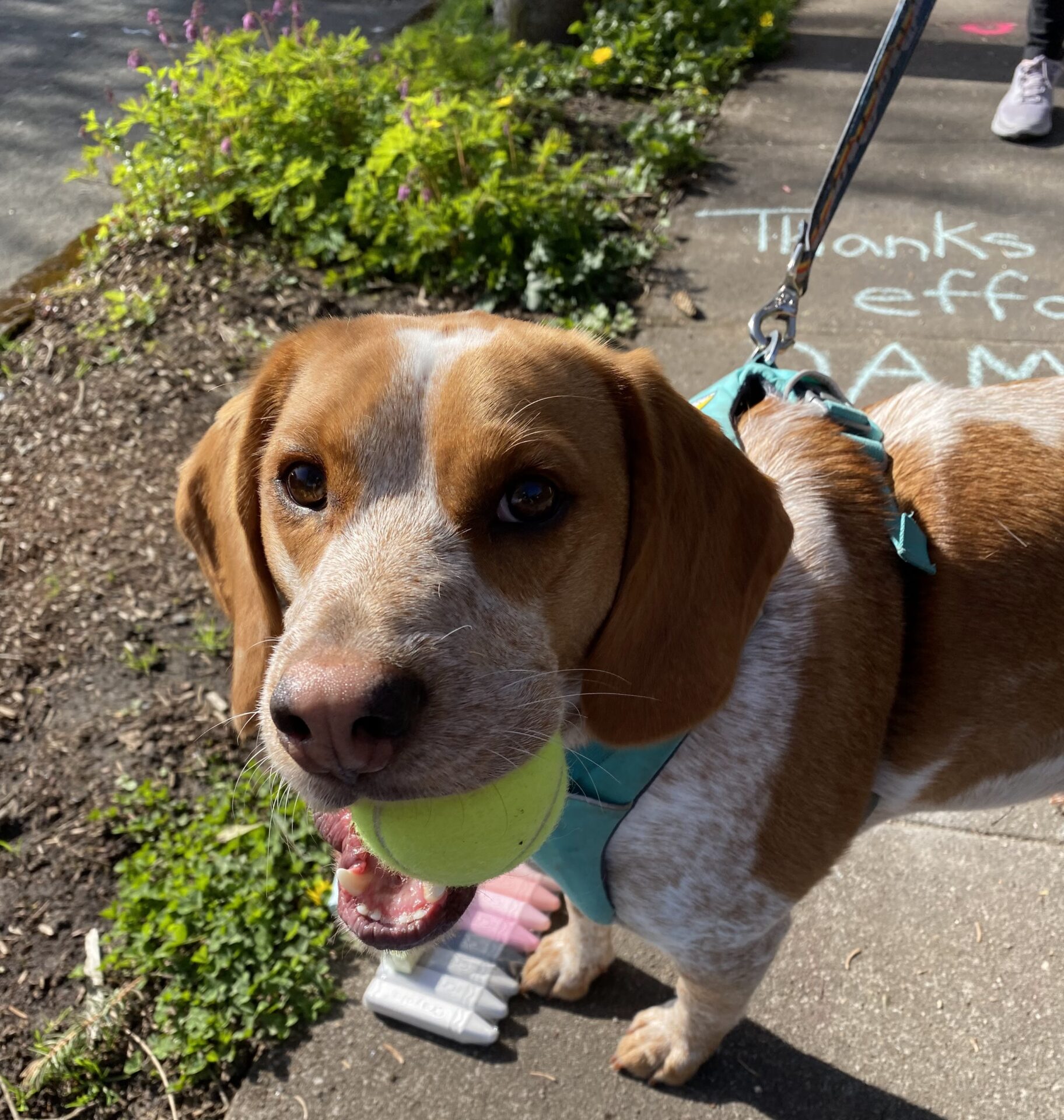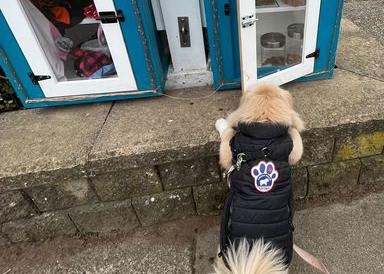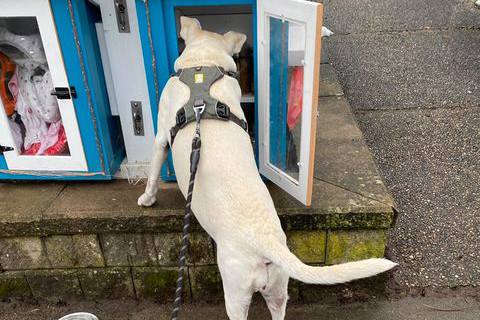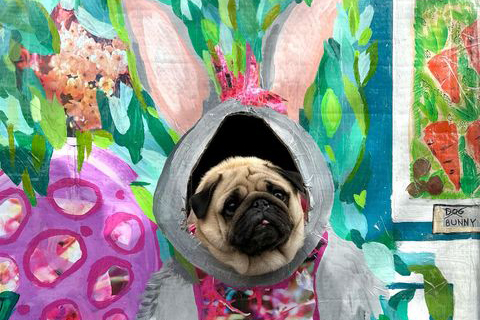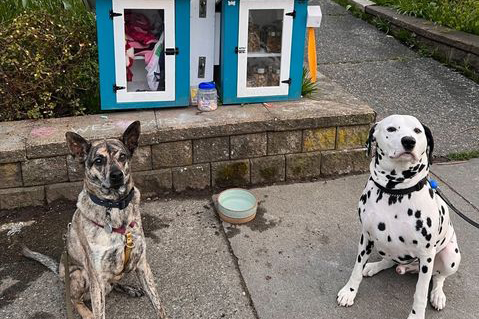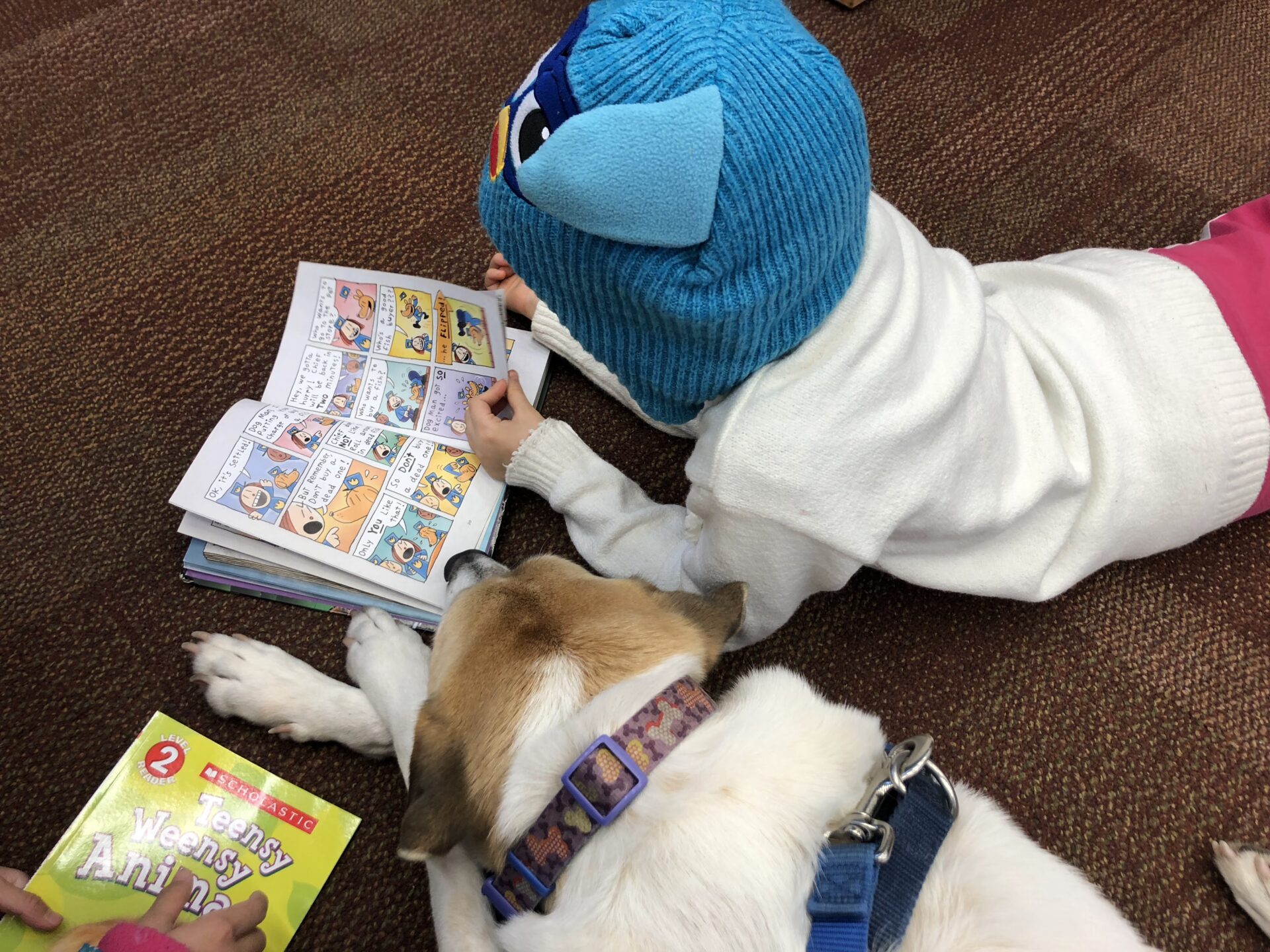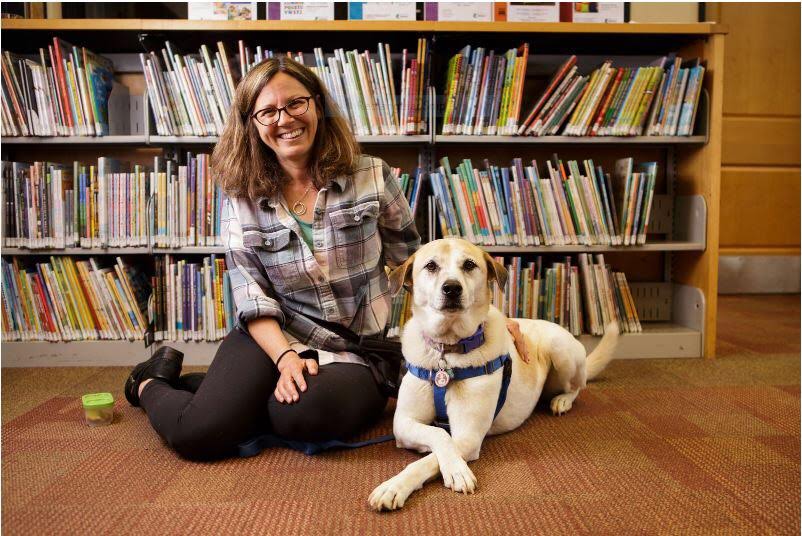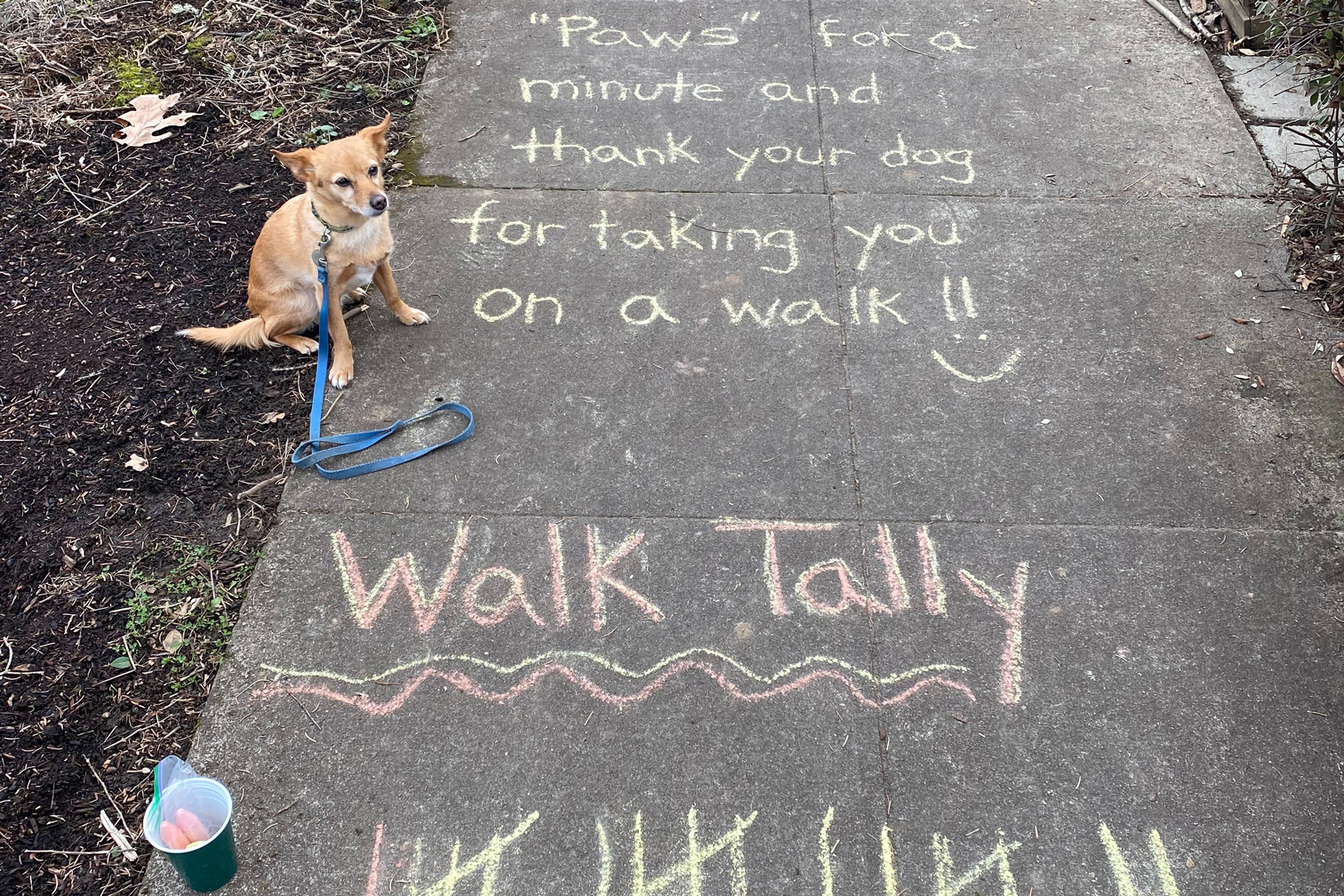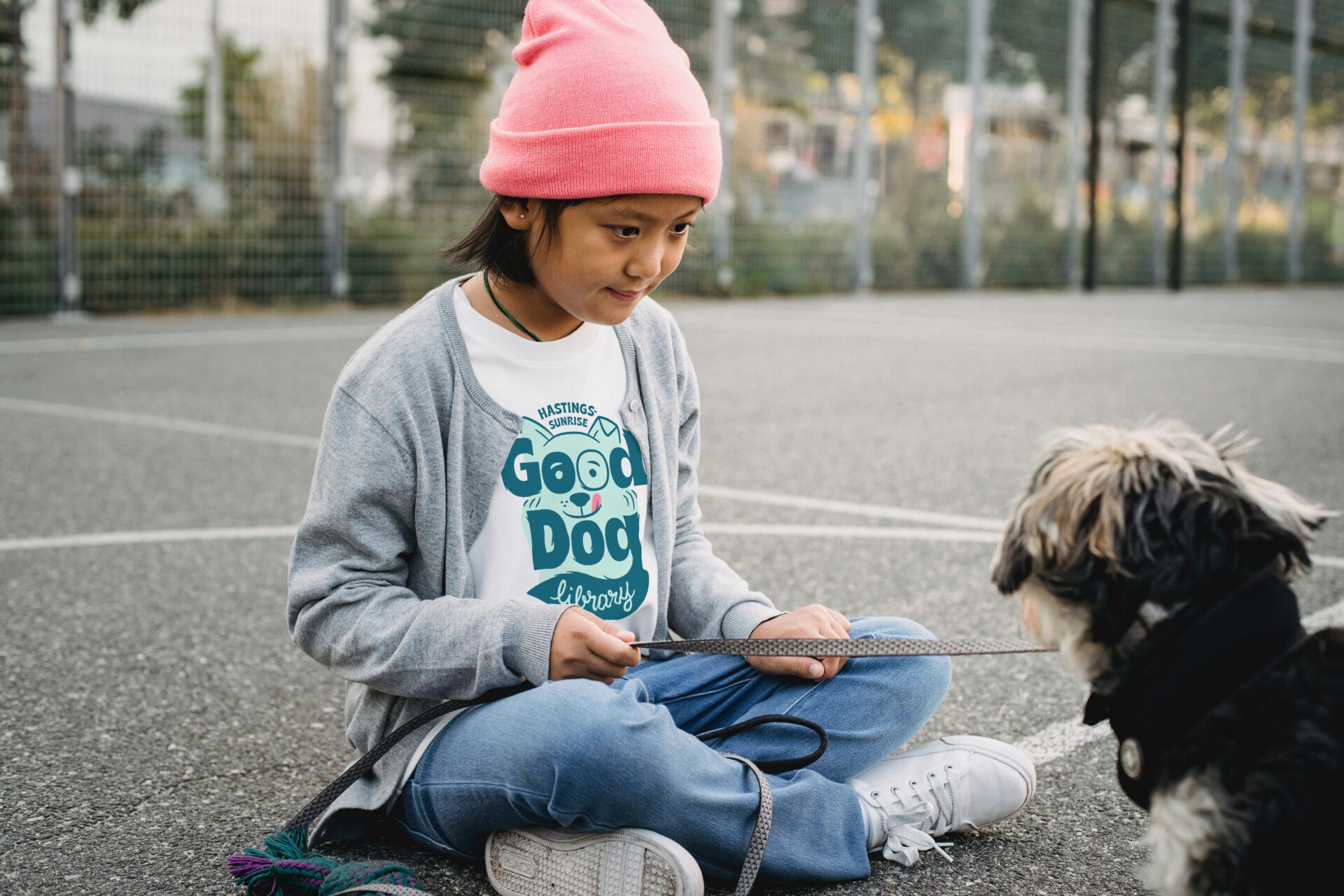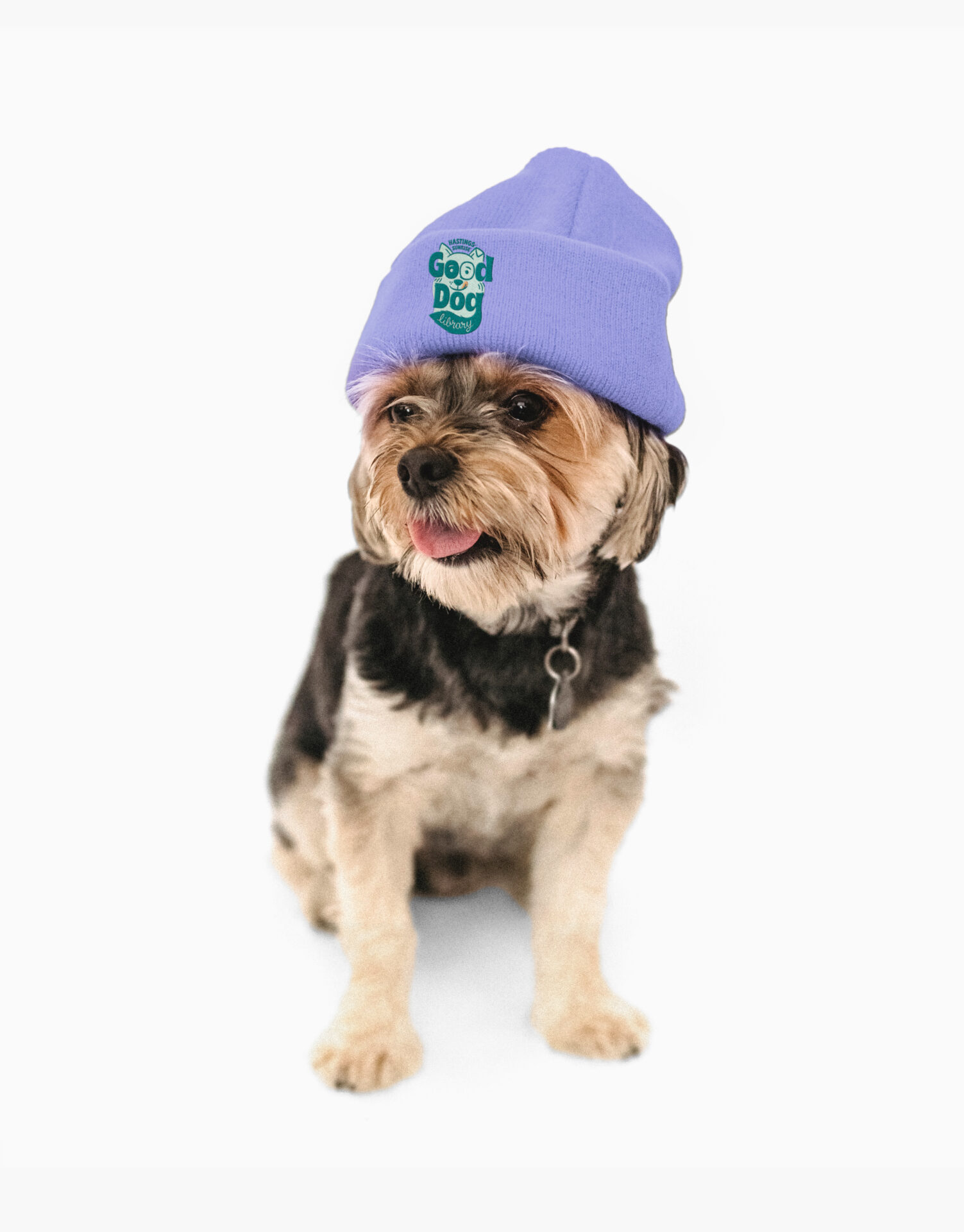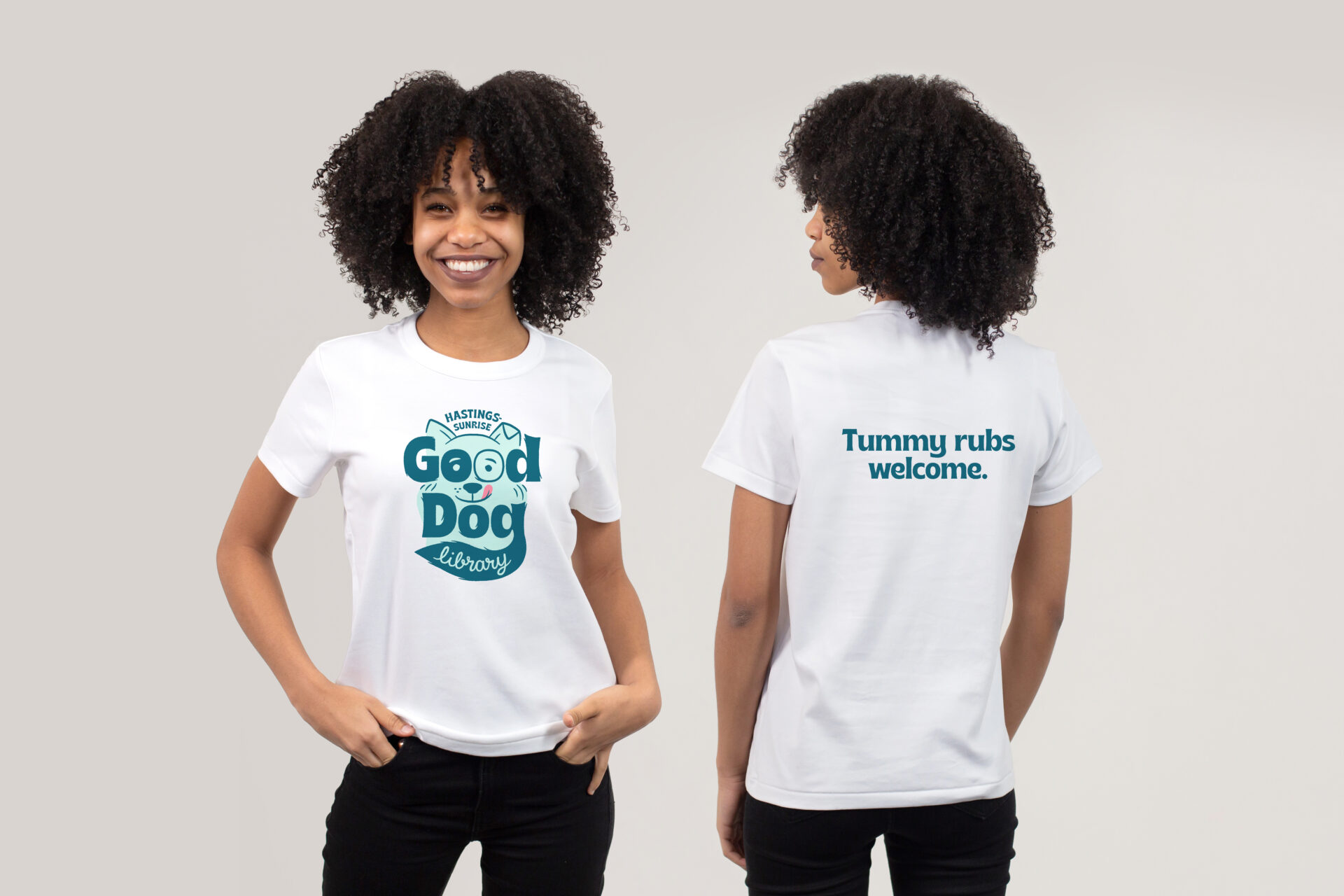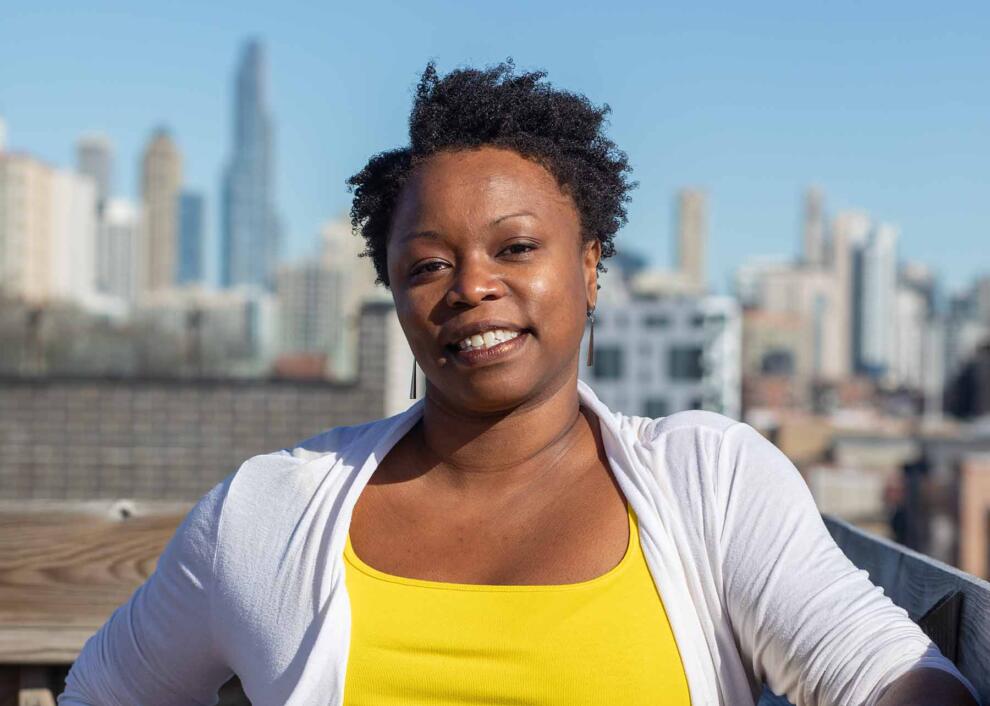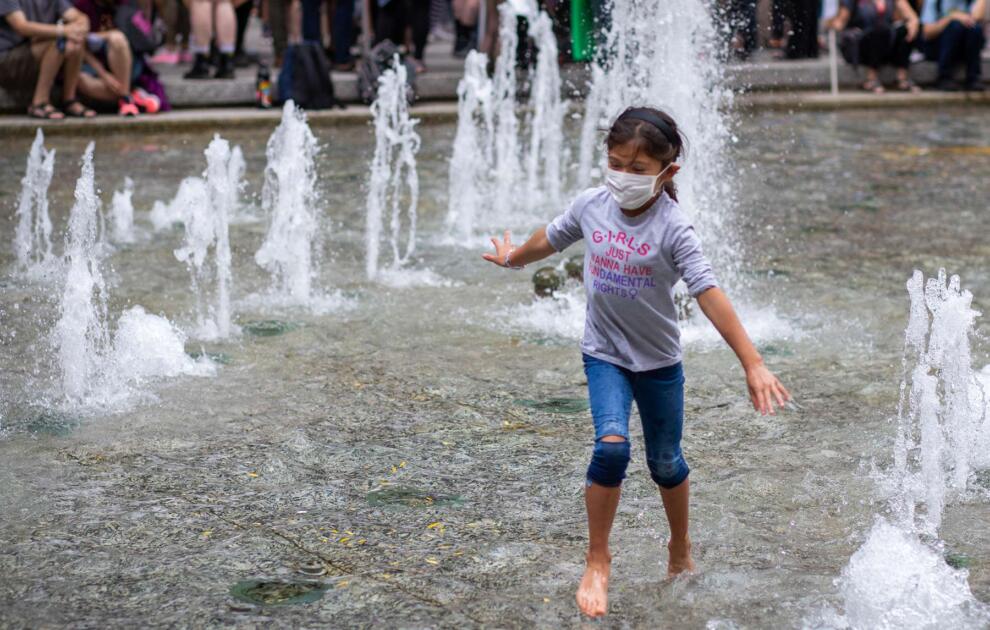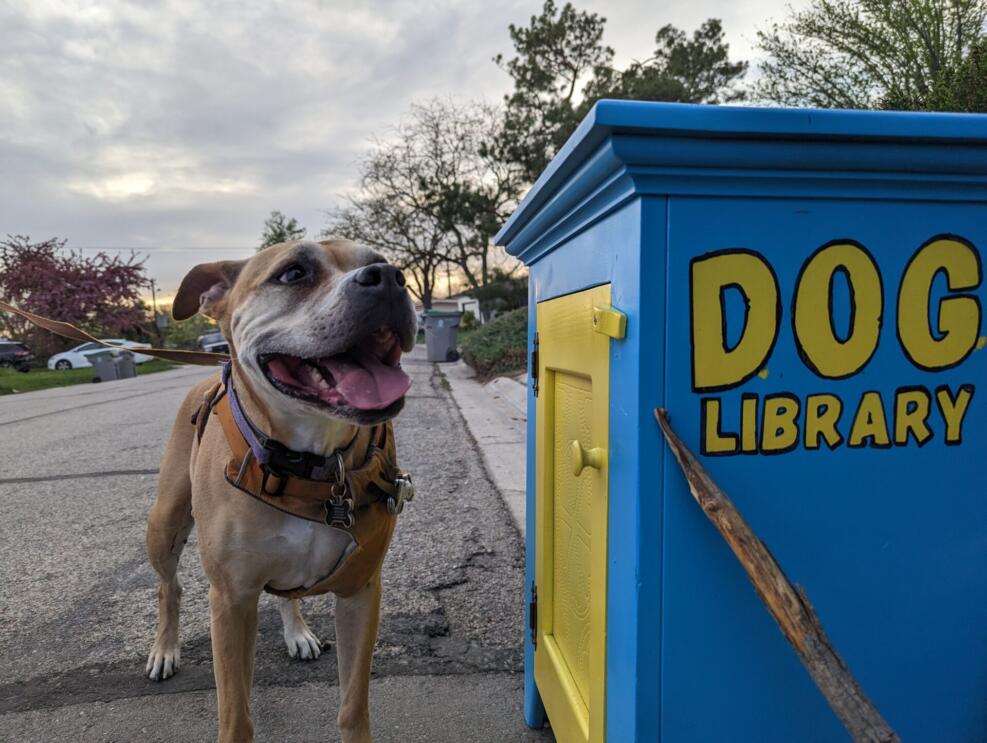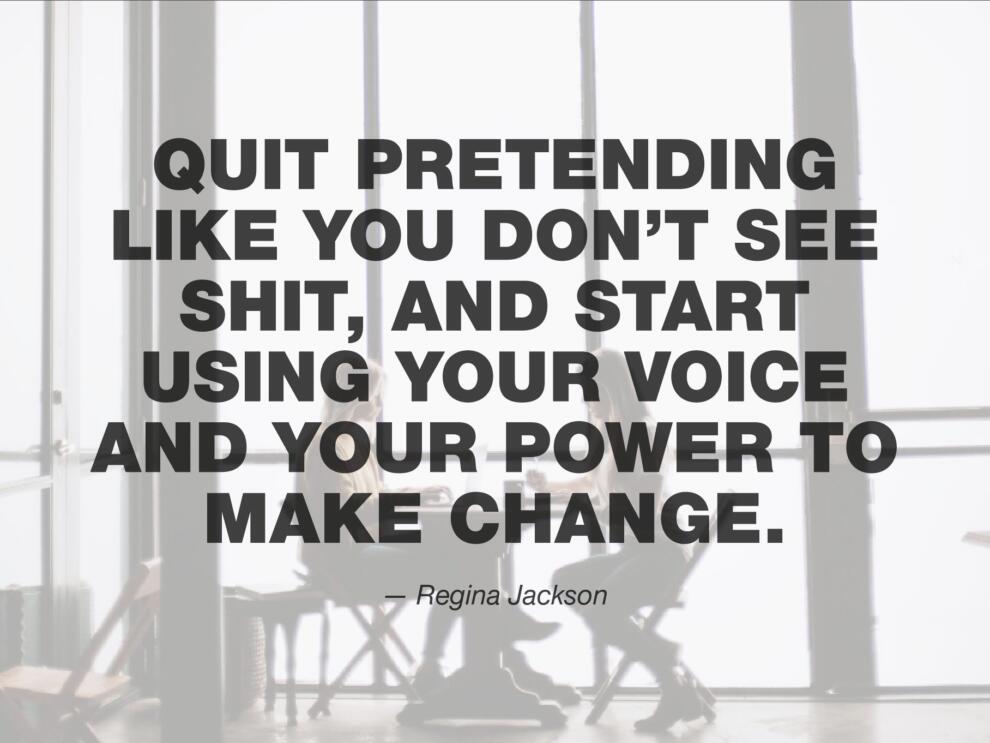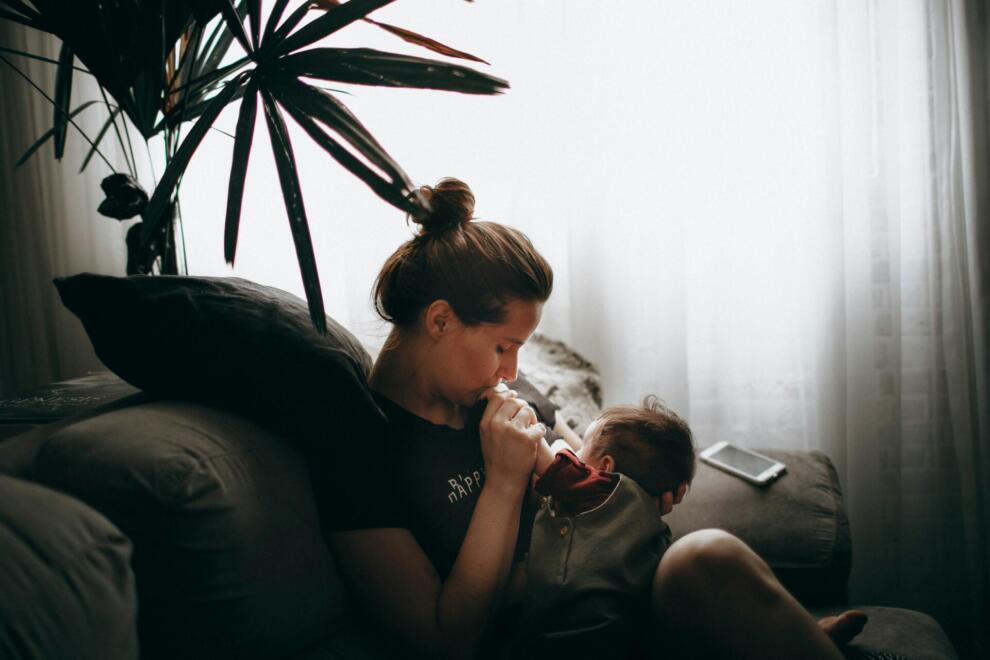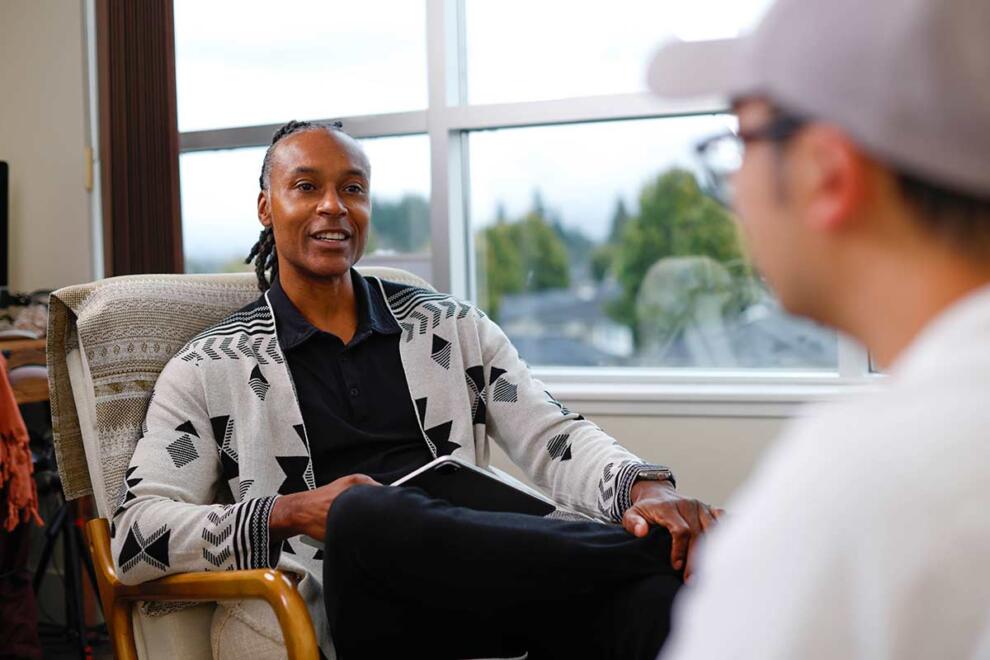Free Dog Libraries: Trauma-Informed Joy for Ruff Times (Part One)
Each morning, rain or shine, I groggily pull on my sweatpants – well-worn from the past three years of above-average amounts of sofa-sitting – and head out the front door to meet my neighbours and their children. Most of the adults are sleepy and bleary-eyed like me, while others are eager early risers in colourful Lululemons and fanny packs full of snacks.
Some people are keen to chat and catch up on the neighbourhood goings-on that have occurred since we last saw each other – yesterday. Others just nod and smile at each other. It’s the perfect hangout for the more introverted, neurodivergent or socially anxious among us – we don’t even have to look each other in the eyes. There is a collective understanding that we are there for our children to get some fresh air, socialize and burn off steam.
In fact, I barely know anything about these people, but I know everything about their babies. Ella’s favourite toy is a purple alien, Charlie likes his space, Joey doesn’t realize how strong he is, and Ripley is a little bit scared of everything.
The only difference between my morning meet-ups and the ones an increasing number of my late-twenties-early-thirties friends are at is that these children… are dogs.
Yes, I am part of the ever-growing cringe squad of people who refer to our four-legged companions as “fur-babies” or run an Instagram account from the dog’s PoV. I personally draw the line at calling myself a “pawrent” – but each to their own!
Jokes aside, dogs have played an integral role in human lives for over 15,000 years. Domesticated dogs have long provided enhancement to human activity, being bred to hunt, search, run, herd, guard and more. In the 21st century, dogs are most notably companions and, for many, an invaluable member of the family. One study showed that 67 per cent of people surveyed called their pets their best friend, 78 per cent said their pets are “part of the family,” and 54 per cent said their “furry friends” knew them better than their closest human friends.
‘Plants are the new pets, pets are the new kids’ is a sentiment that has been floating around the internet for a while now. It’s a funny idea at first glance – and affirming to many. Lower birth rates among younger generations are largely due to positive social changes such as increased education, resources, gender equity, reproductive rights and access to contraception. In 2022, the UK’s Office for National Statistics reported that, for the first time ever, more than 50% of women aged 30 did not have children. While there are still some external pressures to have children in a pro-natalist society, more and more people choose not to simply because they don’t want to.
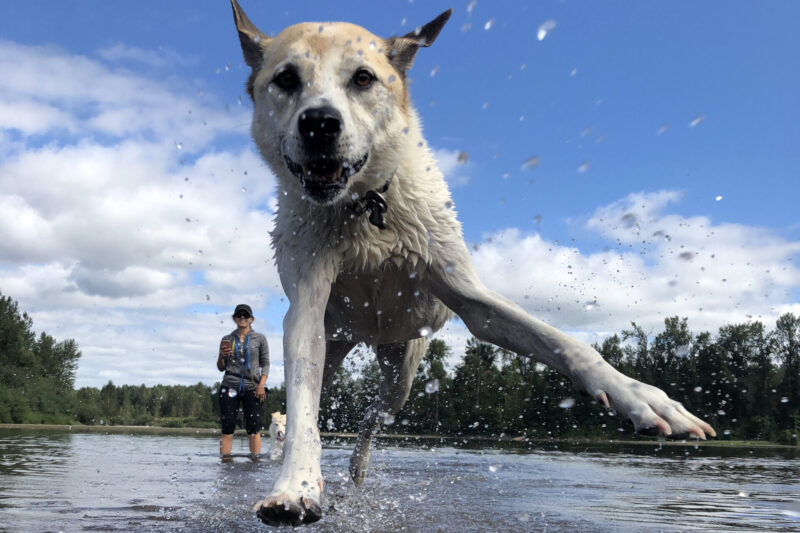
However, the ever-increasing cost of living means that people who would like to have human children simply can’t afford to. An even more bleak reality is that some people are forgoing children they may otherwise have due to concerns about the climate crisis and the planet’s demise.
So, whether it be for happy or sad reasons, many people’s lives are enriched instead by a pet. But because capitalism is capitalism, dog parenting can also be very costly. While many countries have child welfare systems in place (although there’s a lot of work to be done here, too!), there’s yet to be large-scale recognition of the importance of pets as family members. If pets are the new kids, it stands to reason that support systems should exist for families whose children are not human. Having a pet is still largely considered a luxury, despite the numerous benefits to one’s social, mental, and physical well-being.
And perhaps one day, we’ll need a Fiddle Leaf Fig Mothers’ Group.
Free dog libraries are much more than a simple idea
With all these things swirling in my head, I was delighted to come across the Good Dog Library located in Vancouver’s Hastings-Sunrise neighbourhood. I took my one-year-old supermutt (yes, it’s an official term), Daffodil, along to check it out. She was ecstatic to discover that she could help herself to a new ball and a peanut butter treat. Daffy is picky, probably because I spoil her too much, but other less discerning dogs could go home with an entire outfit, a long-lasting chew, a roll of poop bags and some drool-worthy freeze-dried protein.
While Daffy has no understanding of how money works (but then again, do I?), she was extra happy to realize all of these items were completely free, based entirely on the generosity of an honour system. We left a bunch of our own treats that my ungrateful Daffy had rejected and headed to the park nearby.
The Good Dog Library is run by Jacqueline Ravel, a psychotherapist who specializes in trauma therapy. Her psychotherapy background is complemented by a degree in Creative Writing and her lived experience as a neurodivergent person, providing her with “a passion for creating beautiful things, embracing art and creativity, and helping individuals, particularly adults, rediscover the joy of play.”
In both her personal and professional life, Jacqueline centres play as a core philosophy for an enriched life, regardless of age. The Good Dog Library evolved from this ideology – wanting to create a community for both dogs and humans (and possibly other creatures) to play, uninhibited by any financial, physical or social barriers.
“One of my passions in life and in my work as a psychotherapist is helping humans, especially adult humans, reconnect to play. Play is spontaneous, it is not goal-directed, it is anti-capitalist, and it is about process and not product or outcome. When we play, we connect to a sense of deep engagement and mindfulness. We may feel a sense of vitality, joy, and freedom from needing to plan, needing to be productive, needing to be certain,“ Jacqueline explains.
We didn’t see anyone else when we stopped by the library in the middle of a Wednesday (to my introverted delight and Daffy’s extroverted dismay), but Jacqueline says it’s often a place that brings the community together. In addition to the 24/7 access to free treats, the library also puts on community events such as the Halloween Treat Crawl, The Doggy Hop Egg Hunt, Pop-Up Puppacino Stands, Pop-Up Pupsicles, After Bark, and so many more, which see over 100 dog attendees. They also organize fundraisers. “We recently held a fundraiser to raise money for a dog in the community who needed dental surgery and whose owner needed some additional financial support,” says Jacqueline.
Not far south of the border, Lisa Peters runs a similar initiative in South East Portland with her husband Jim and sons Max and Owen. Lisa and Jim have long bonded over their mutual love of dogs and particularly their desire to adopt “shelter specials” – over the years, they adopted Whippy, Tippy and Zippy (whose rhyming names are completely coincidental)! “The family dogs have always made us laugh, offered comfort, inspired us to live in the moment, and, best of all, gotten us out the door on thousands of walks we never would’ve taken otherwise,” Lisa says.
In 2016, Lisa and Jim adopted Lucky, who sadly passed away prematurely – in his honour, they set up the Lucky Dog Library in their neighbourhood. Lisa’s philosophy is very similar to Jacqueline’s – a free dog library provides an essential community service that inspires joy and whimsy to ease the stress of otherwise challenging city life.
“Portland has some very serious, very urgent problems it’s trying to address, and there’s a certain heaviness we all feel as that important work continues. We need moments of lightness, too – reminders of the wonderful creativity, kindness and community spirit that makes Portland such a special place,” says Lisa.
Lucky Dog Library joins a larger network of initiatives that aim to spread happiness and inspire connection in Portland, which can be found in the Sidewalk Joy map. Lisa says, “Sidewalk Joy fosters rich and meaningful connections in the form of hosts encouraging one another, hosts interacting with visitors, and even visitors chatting with other visitors. They may seem like little connections, but they start to overlap and expand outward, strengthening the surrounding community and bringing Portlanders together.” The term was coined by Portlanders Rachael Harms Mahlandt and Grant Brady, who host dinosaur and art exhibits outside of their respective houses.
Jacqueline relates this idea back to a trauma-informed approach to community building. She described being trauma-informed as “moving through the world with an appreciation of the ubiquity of individual trauma, complex trauma, racial trauma, systemic trauma that exists and working to bring this awareness into all your interactions.”
Do dog libraries answer the public safety question?
Public safety is deeply tied to systemic oppression. ‘Safety’ is often defined by those with more power at the expense and criminalization of those with less. For example, in increasingly gentrified areas, a growing middle and upper-class population is more likely to involve law enforcement and local government to deal with issues they perceive as disruptive or threatening.
But what does that have to do with free dog libraries? Simply put, free dog libraries help people feel safe. “People generally feel safe when they experience a sense of belonging to an affirming community. As opposed to feeling we are amongst strangers, our nervous systems generally feel safe when we are surrounded by people who we know and who know us,” explains Jacqueline.
Zach Norris, author of, We Keep Us Safe: Building Secure, Just and Inclusive Communities, says, “the fear-based model of safety is based on both the Us vs. Them mindset and also on a zero-sum mentality around the idea of scarcity: that there is not enough of the good stuff for everyone.”
He adds, “A culture of care prevents many harms from happening in the first place by investing in a social safety net.” The free dog libraries run by Jacqueline, Lisa and many others contribute to this social safety net.
I personally experience a lot of anxiety venturing out of the house – being Black, queer, fat and neurodivergent in Vancouver makes me stand out. Add to that the mild agoraphobia I developed during the pandemic, public spaces are challenging for me. But somehow, meeting up with a bunch of strangers while our dogs play feels completely accessible, even comfortable.
The dog libraries bring all kinds of people together in a way that is accessible and inclusive. Their presence offers a simple, unspoken affirmation that this neighbourhood is a welcoming place where community connection is valued and encouraged. They sit quietly on the sidewalk and say, ‘there is enough good stuff for everyone!’
I grew up in Europe, where it was common to see dogs sleeping under restaurant tables or on laps on the bus. Dogs are an expected and normalized part of public life and cultural experiences in many other parts of the world.
While Vancouver is surrounded by nature and has a plethora of great parks, rules around pets in rental units, restaurants, shops and other spaces make dog ownership more exclusive, challenging and isolating in this city. Furthermore, those who love dogs but don’t have their own are unable to experience the simple pleasure of petting a dog on the subway or grabbing a drink at a Pug Cafe.
Jacqueline, who also noticed this difference after living in Paris with her late dog, Violet, says, “as a 41-year-old woman who is child-free by choice but not animal-free, running the dog library has made me keenly aware of how many families are made up of childfree adults and animals. My sense is that these families are looking for inclusive spaces where they can spend time with their animals.”
It takes a village
The upkeep of a free dog library is no small feat. Lisa and Jacqueline both put tremendous effort and numerous volunteer hours into keeping their libraries stocked with balls, treats, books, sticks and other goodies.
Lisa adorns her library with fun and quirky finishes while her husband keeps the structure sturdy against wet Pacific North West winters. Passers-by can stop to admire the miniature dog park or read a poem or cartoon displayed in a weather-proof box. Lisa is always looking out for new “dogtent” – dog content for the Lucky Dog Library. To further foster community, Lisa and family invite young Portlanders to be guest hosts of the library.
Jacqueline, who describes herself as a “superconnector” (someone who builds relationships with many people in lots of disparate networks makes fruitful introductions and connections between them), makes anywhere between 5 and 15 trips to the library daily to refill treat jars and water bowls, turn the lights on and off, and take pictures for social media. In her absence, she has a team of volunteers who keep things running smoothly. Volunteers also helped with the construction and expansion of the dog library – Hans Dayal and his film crew offered their labour to create the structure. Meanwhile, graphic designer Aimée Grimes created the Good Dog Library’s logo, which will be used on their soon-to-be-launching merch.
To keep the 200+ daily dog visitors entertained and fed, local businesses such as Foley’s Dog Treats, Drby Pet Co, Global Pet Foods, Dante’s Doggie Delights, Bosley’s, and Long Live Cats and Dogs have also made donations. The youngest supporter is 11-year-old Haela St Louis, who runs The Barking Bakery and donates treats to the Good Dog Library as well as 100% of her proceeds to local animal shelters.
Both libraries also pay tribute to dogs who have passed by remembering them in special ways, like placing an engraved dog tag on the site. “We are always honoured to do this,” says Lisa.
While dog libraries seem simple and whimsical, they have genuinely transformative effects on local communities. In a world of increasing isolation and living costs, dog libraries are a simple but crucial addition to any neighbourhood.
“Dogs allow us to connect with one another on a heart-centred level by encouraging us to connect over not what we do, but who and what we love,” Jacqueline summarizes. Simply, these community dog libraries help humans be more like dogs, as Lisa describes – “accepting, loving and joyful.”
Get involved
- Contribute dog treats, toys and resources to Vancouver’s Good Dog Library, Portland’s Lucky Dog Library or one in your area
- Send a dog-themed poem or artwork to be displayed in the Lucky Dog Library
- Get in touch with Lisa and Lucky Dog Library on Instagram (@luckydoglibrary) or by email (luckydoglibrary@gmail.com)
- Send a gift to the Good Dog Library via their Amazon wishlist
- Get in touch with Jacqueline and Good Dog Library on Instagram (@gooddoglibrary)
- Start your own dog library – be inspired by Jacqueline and Lisa’s efforts
- Start small by collecting sticks for dogs to grab as they pass by – then work your way up to stocking it with balls, toys, treats, leashes and more!
- Connect with others in your community to share resources and labour
- Connect with local businesses for sponsorship and donations
- Use social media to spark joy and inspire people to come together
- Donate or spend some time at your local animal shelter
- Sign up for pet sitting on sites like Trusted House Sitters or Borrow My Doggy if you are unable to have a pet of your own – these sites offer mutually beneficial arrangements for pet owners and sitters, usually without any exchange of money
- Sign petitions like this one to encourage cities to allow dogs on public transport or in more public places
- Support organizations like Pets for the Elderly who work to address isolation among seniors by matching them with friendly pets

Cicely Belle Blain
Editorial Director (they/them)
Cicely Belle is a Black, queer writer, activist and anti-racism consultant originally from London, UK. They are the founder and CEO of Bakau Consulting, a social justice informed equity and inclusion consulting company based in Vancouver, BC where they work with clients across six continents to enhance compassion, respect and a commitment to anti-oppression in a diversity of industries.
As a founder and former organizer of Black Lives Matter Vancouver, Cicely Belle is passionate about liberation work, systems change and radical empathy for a better world. In 2018 and 2020, they were listed as one of Vancouver’s 50 most powerful people and in 2019, as one of BC Business’s 30under30. They are the author of Burning Sugar and an instructor of Executive Leadership at Simon Fraser University.
Purchase Issue 03
After a year of chaos and uncertainty, our mission for ISSUE 03 of RIPPLE OF CHANGE is to spark inspiration in our readers. There was a lot of talk of coming together, acting in solidarity for our peers, and putting others before ourselves to overcome the challenges put before us. Now, we put that to the test.
Order your copy of Issue 03 today!
